Civil society organizations have submitted proposals and observations regarding the draft law on local self-government in Yerevan.
TIAC, in collaboration with "Khachen" and "Civil Hub" NGOs, conducted a study to assess the actual impact and targeting of state support programs.
TIAC researcher Tigran Mughnetsyan and constitutional law expert Armen Mazmanyan have published a joint article on Constitution.Net about the constitutional reform process in Armenia.
A new section consolidating international indicators related to governance and democratic processes.
New amendments allow the Ministry of Internal Affairs to launch a nationwide system of real-time biometric surveillance, posing a risk to privacy, peaceful assembly and non-discrimination.
Areas
 Knowledge & leadership
Knowledge & leadership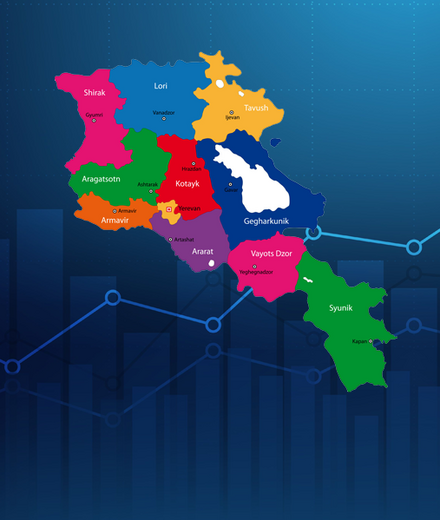 Armenia indicators
Armenia indicators Public finance & procurement
Public finance & procurement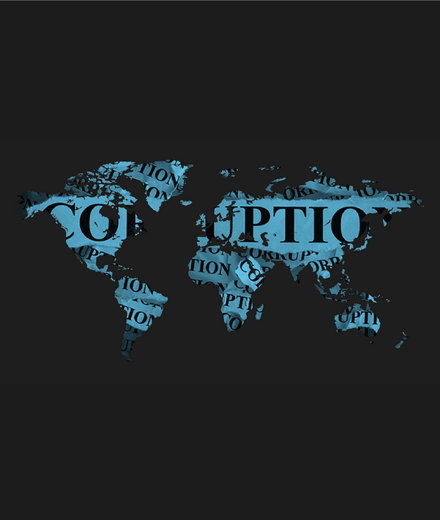 State of corruption
State of corruption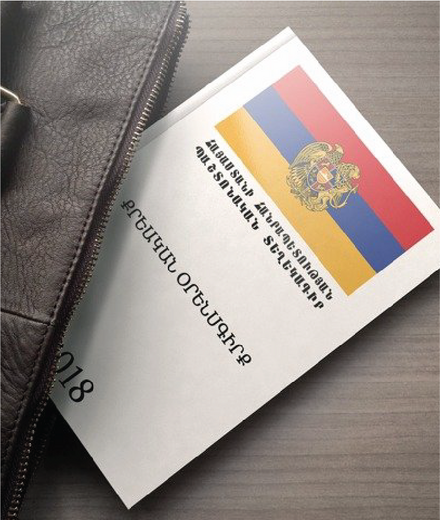 Law and enforcement
Law and enforcement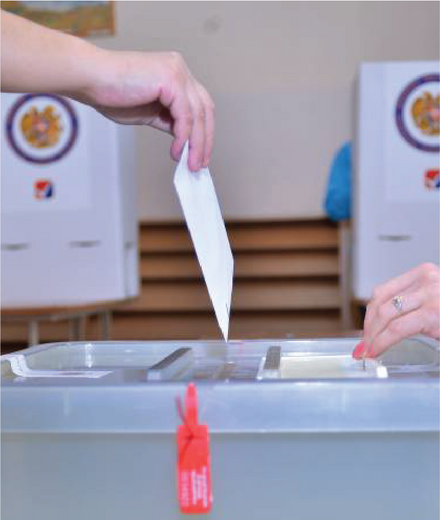 Political system and elections
Political system and elections Corruption prevention
Corruption prevention Public resources & services
Public resources & services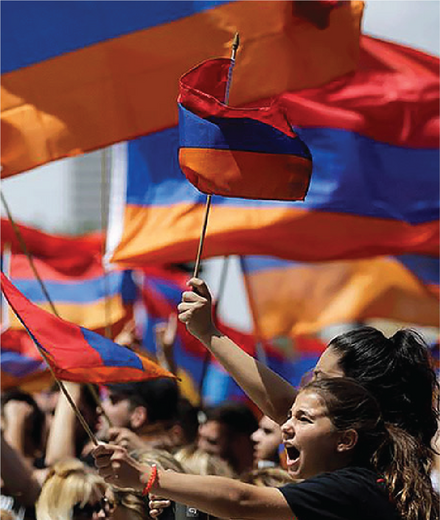 Civic space & engagement
Civic space & engagement
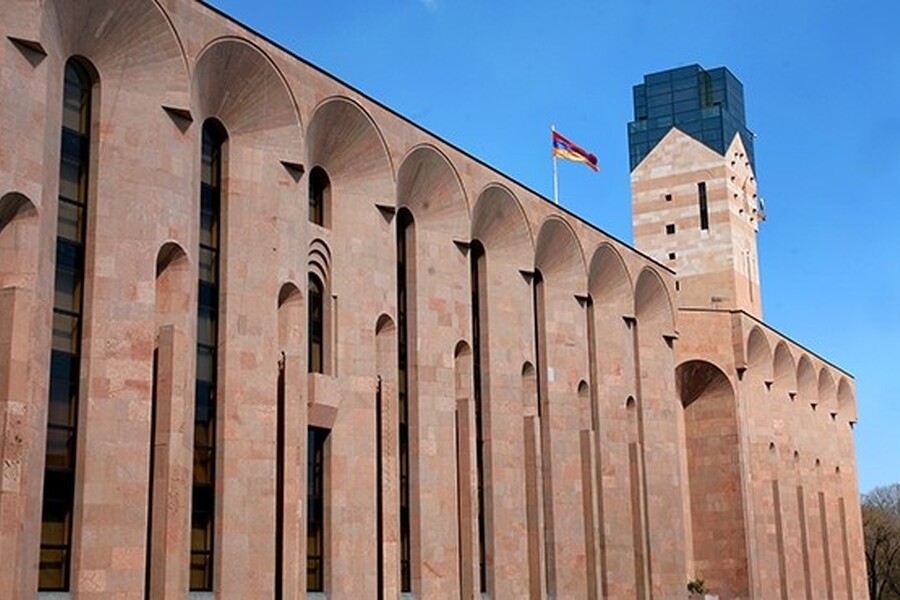
Civil Society Organizations Submit Proposals on the Draft Law on Local Self-Government in Yerevan
Civil society organizations have submitted proposals and observations regarding the draft law on local self-government in Yerevan.
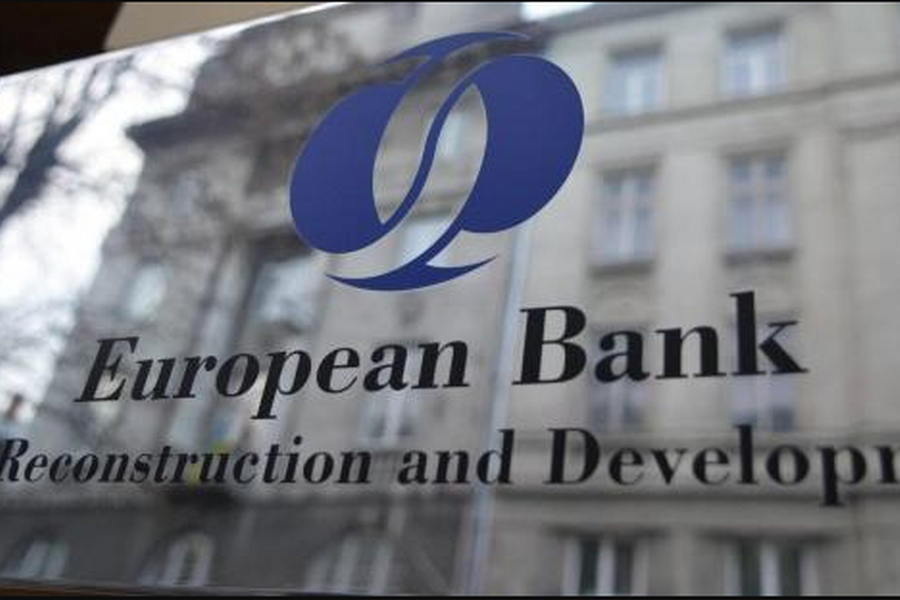
Civil Society Appeals to EBRD, Urges Armenian Banks to Disclose Reasons for Exiting Amulsar Project
Armenian civil society organizations issued a joint statement addressed to Georgi Akhalkatsi, Head of the Yerevan Resident Office of the European Bank for Reconstruction and Development (EBRD), calling on the bank to disclose its reasons for withdrawing from the Amulsar gold mine project.

New Policy Analysis on Support for Displaced Persons from Nagorno-Karabakh
TIAC, in collaboration with "Khachen" and "Civil Hub" NGOs, conducted a study to assess the actual impact and targeting of state support programs.
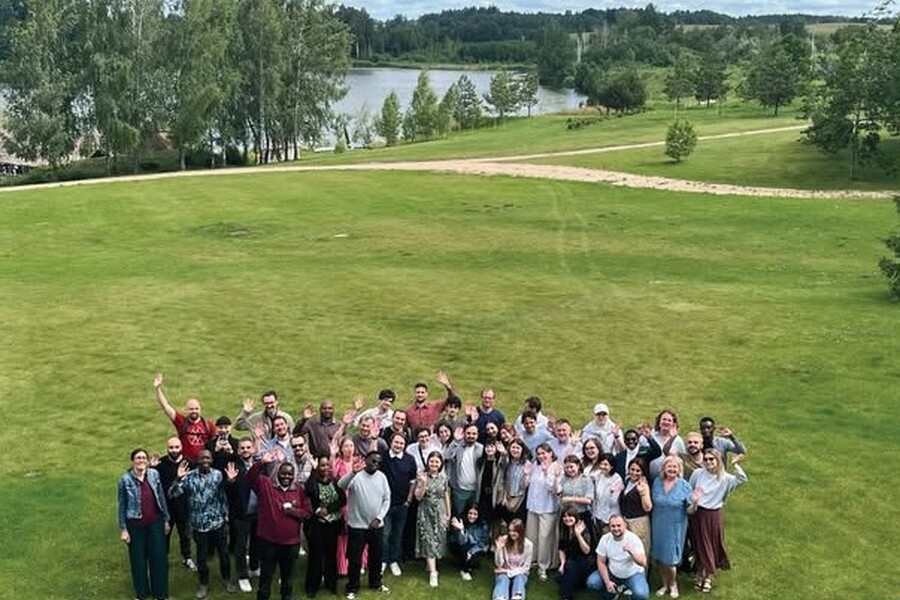
TIAC Delegation Participates in ElectLab Training Program on Election Observation
In Vilnius, the TIAC delegation participated in the election observation training organized by EPDE.
Till today
- 100+ projects
- 120+ publications
- 80+ packages of legal recommendations
- 4500+ people received anti-corruption trainings
- 5000+ people took part in the monitoring activities
- 5500+ people participated in discussions

